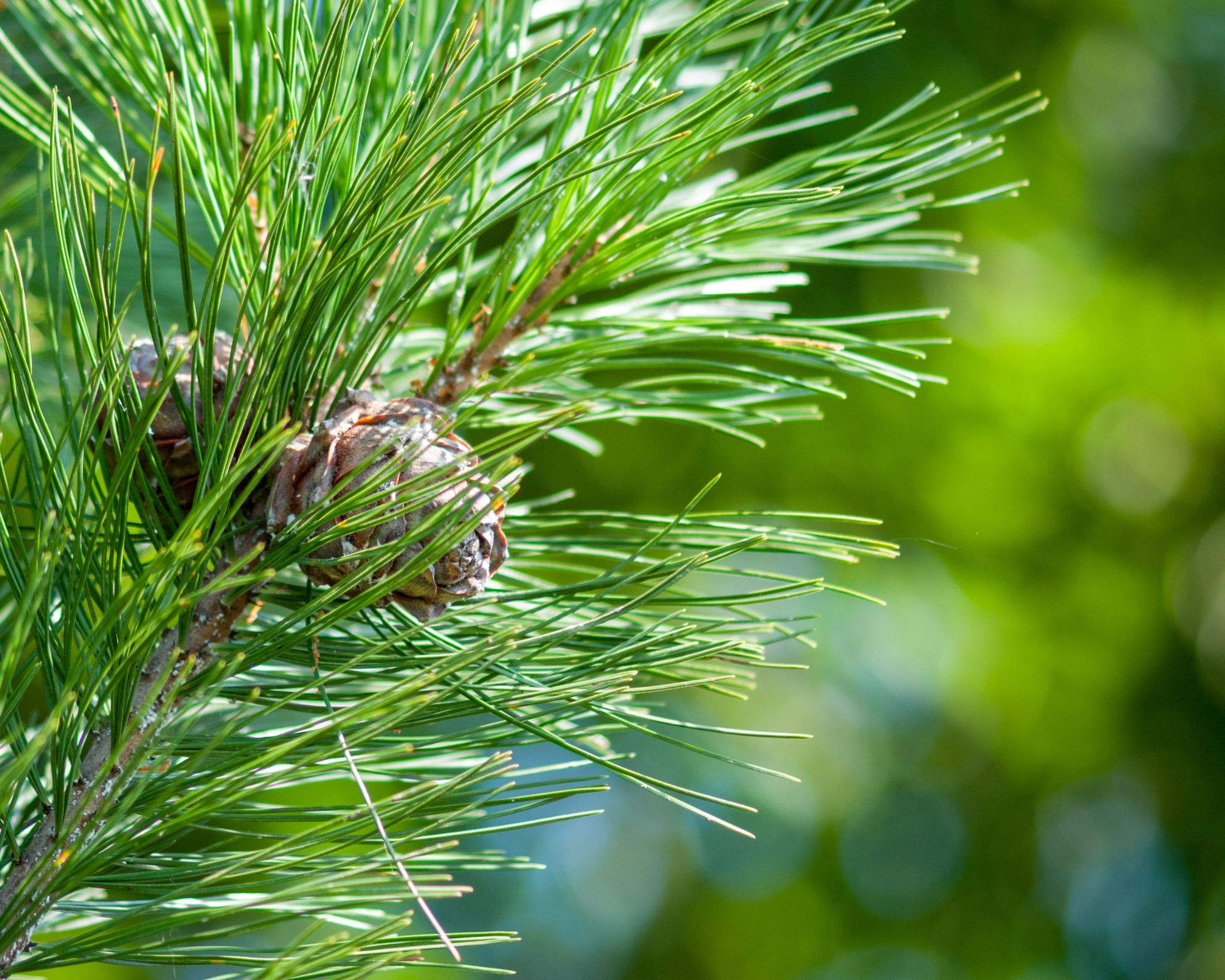
Cedar, a promising species in combating climate change
Cedar, a species with a rich history and strong symbolism, was introduced to France in the 19th century and has since become fully integrated into the Mediterranean landscape. With its exceptional adaptability on the ground, remarkable productivity and versatility in various uses, cedar is becoming a preferred option in a context of climate change due to its resilience to drought.
Dominating over 24,000 hectares in France, it constitutes the world’s third-largest cedar forest area. Atlas Cedar is emerging as a species of the future, capable of thriving in difficult environmental conditions and offering a variety of beneficial forest routes in the current context of climate change. Its successful introduction in several French regions, outside its area of origin, has prompted in-depth research in genetics and forestry, thereby refining our understanding of its autecology.
Its structural qualities and mechanical strength ensure its promising future, ranging from wood construction to wood chemistry. However, it is crucial to take a measured and collaborative approach to Atlas Cedar, which until recently was considered a secondary species. More years of experimentation are needed to gain sufficient perspective. Collecting and sharing data on its adaptation to climate change will pose challenges in the coming years.
Source : Forestopic

